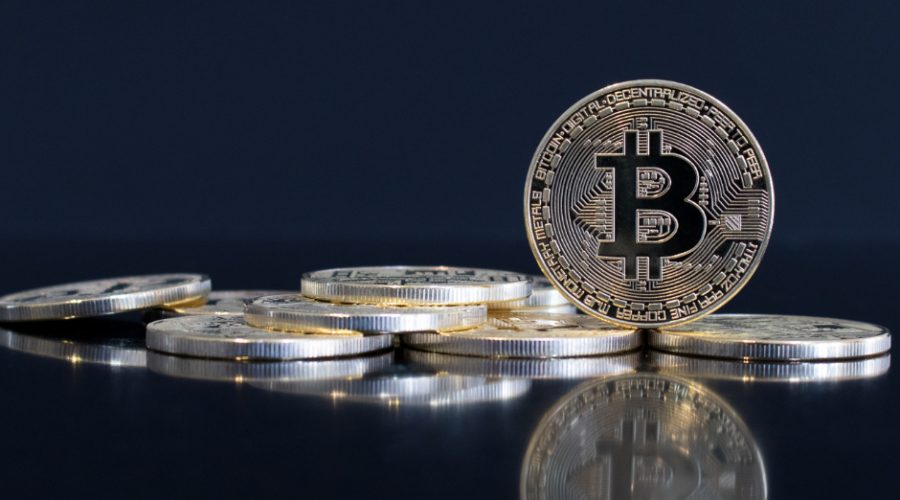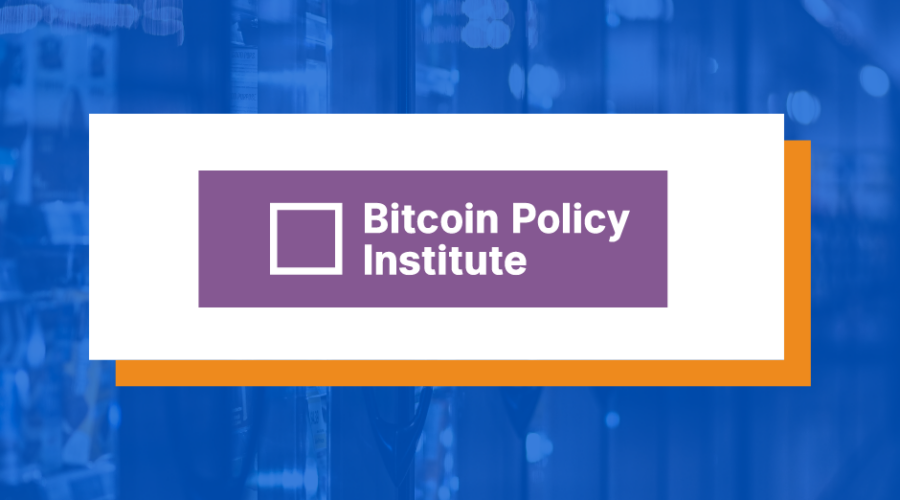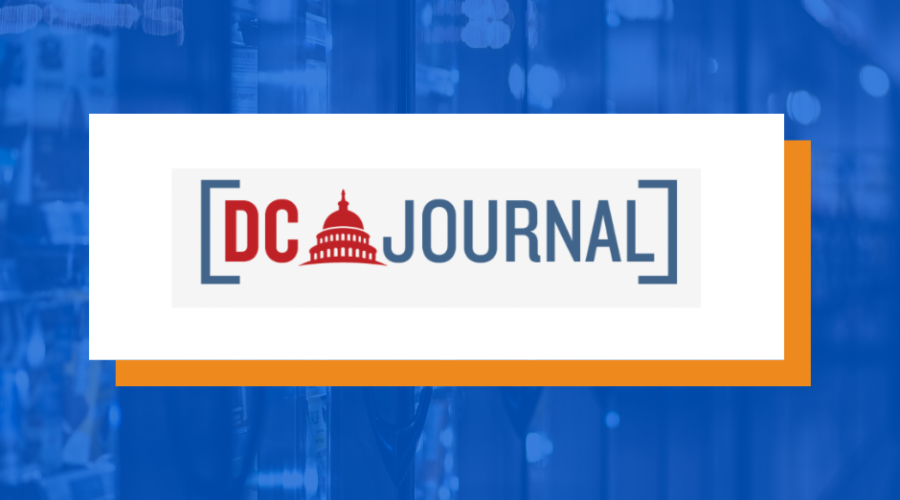How politicians are using fake news to crack down on digital currency
In war, the Greek poet Aeschylus said, the first casualty is truth.
In the war between Israel and Hamas, there have been plenty of opportunities for lies to achieve political ends. In the United States, we’re seeing the demonization of and crackdown on cryptocurrencies and stablecoins like Bitcoin and Tether.
U.S. Senator Elizabeth Warren (D-Mass.) stirred crypto-skeptic politicians in Washington into a frenzy last month, alleging that Hamas funded its heinous attacks on Israeli civilians with cryptocurrencies such as Bitcoin. This followed an initial report in the Wall Street Journal, which detailed a significant crypto fundraising operation by Hamas across various platforms.
There were congressional hearings, press releases, and letters dispatched to various elements of the national security establishment and to the Biden administration itself, seeking to understand Hamas’ use of cryptocurrency and how it could move money undetected.
Warren penned a letter with 28 other senators and 76 House members demanding answers on the alleged $130 million in crypto used by Hamas, relying on the Wall Street Journal’s story.
The only problem is that the story was false. Or at least it was way overblown.
Just days after publishing its exposé, the Journal was forced to correct its report after a simple analysis revealed that the multimillion figures were wrong.
Evidence produced by the blockchain analytics firm Elliptic showed most of these funds were not sitting in Hamas-linked accounts but were likely brokerage and crypto exchange accounts where the funds originated.
As any user of technologies like Bitcoin and other crypto exchanges knows, every transaction is publicly viewable on the blockchain using a block explorer. When those funds are purchased at regulated exchanges, authorities can trace and subpoena identifying information that these entities must collect from their customers.
If Hamas and its agents were legally able to acquire thousands of dollars’ worth of Bitcoin and other cryptocurrencies — not to mention hundreds of millions’ worth — any user of a block explorer would easily have detected this.
In fact, Hamas militants reportedly stopped accepting cryptocurrency donations once they realized how quickly those transactions would be flagged and ultimately halted by Israeli authorities. The same cannot be said for the rumored billions of dollars held by Hamas operatives in traditional bank accounts in countries throughout the world.
With billions of dollars in Hamas funding in the global banking system and perhaps just a few thousand in various cryptocurrency wallets, one would think that political ire would be raised at banks that have aided and abetted Hamas funding.
Instead, Warren and her anti-innovation colleagues continue to cite this fake news in their efforts to make open blockchain technology inaccessible to American consumers.
Rather than an indictment against Bitcoin or any other cryptocurrency, this episode reveals that many American progressive legislators are getting hoodwinked into banning or restricting a technology that offers tremendous social benefits.
Technologies like Bitcoin offer sound digital money that can be sent to any computer or connected device worldwide. With a limited supply and a proof of work protocol that is both honest and fair, it’s a world of difference from the unlimited printing and ongoing debasement of the U.S. dollar.
It is a revolution that many of us have only begun to grasp.
Unfortunately, rather than embrace the positive effects such technologies could have on American society, too many tech-skeptical politicians are hooked on fake news and unable to resist advancing their goal of banning cryptocurrency for Americans.
For Warren, it was never about Hamas’ barbaric attack on Israel. It was about seizing an opportunity for more control, regardless of the truth.
Originally published here











